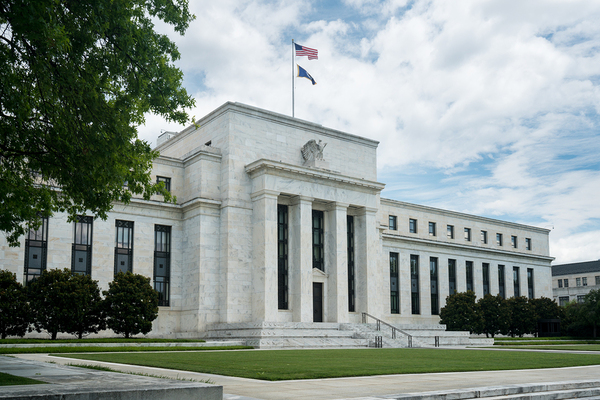View Sale Announcement Detail


Archived news
Excerpt:
The Fed has provided strong signals that it will continue to increase interest rates. This suggests that banks should consider purchasing shorter-term assets to gain the best risk/return mix.
Post:
If previous signals from the Federal Reserve ring true and others get their way, there may be as many as four more interest rate hikes over the next year. Rates were last raised in March and again in June of this year. A robust economy could be used as justification to raise interest rates as soon as next week. These increases could impact bank portfolios and may be a signal that it's time for lenders to consider shorter term assets.
 The Federal Reserve is likely to raise interest rates several more times this year.
The Federal Reserve is likely to raise interest rates several more times this year.
The Fed Prepares to Raise Interest Rates Again
The Fed has had a plan to gradually increase interest rates as the economy continues to strengthen. So far, that plan remains in place. Short-term rates so far have been hiked seven times since 2015, after a period in which those rates hovered around zero percent.
The Fed declined to raise interest rates at its last meeting, but the chances are high that it will make the move in September and one more time in 2018. Even Boston's Fed Bank president has recently weighed in, with a change in his outlook about ongoing monetary policy.
Justification for Additional Interest Rate Hikes
Fed Chair Jerome Powell testified before Congress in July, acknowledging that U.S. tariffs on various products could be troublesome for business investment. He stated that these could stifle economic growth if not addressed, but also said that it was too early to determine the outcome.
In all, Fed officials are taking an optimistic view of economic growth, stating that it is "roughly balanced" and reiterating a plan to continue with rate hikes. This increases the chances of another rate hike in September.
Boston Federal Reserve Bank President Eric Rosengren agrees with this move. Rosengren had once advocated for low interest rates but now says raising rates at a quarterly pace over the next year would put the economy in a more neutral zone, neither slowing nor spurring growth.
Rosengren clarified that the Fed doesn't know what the neutral zone is, but that it is definitely higher than the current rates, perhaps as much as a percentage point. He also disagrees with the sentiment expressed by some colleagues regarding pausing rates, stating that this action would have little effect.
Currently, the range of short-term rates sits between 1.75 to 2%. The Fed meets again Sept. 25-26. Rosengren did acknowledge that there is a risk to U.S. growth due to current and developing trade policies. An ongoing concern would be the convergence of higher oil prices and trade tariffs that impact one of the world's largest economies, China, which will have a ripple effect around the globe.
 Rising interest rates make short-term assets more attractive to lenders.
Rising interest rates make short-term assets more attractive to lenders.
A Loan Sale Advisor to Improve Portfolio Risk/Return
Based on the various signals given by the Fed over the past several months, additional interest rate increases are a near certainty. This will have an impact on portfolio returns, particularly for long-term assets.
Lenders can reduce risk and maximize returns on portfolios by partnering with a whole loan broker to secure more shorter term assets. Garnet has these pools available. Sign up for our newsletter to receive our market insights and tips for getting the most out of a loan sale advisory service.

